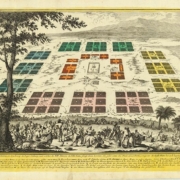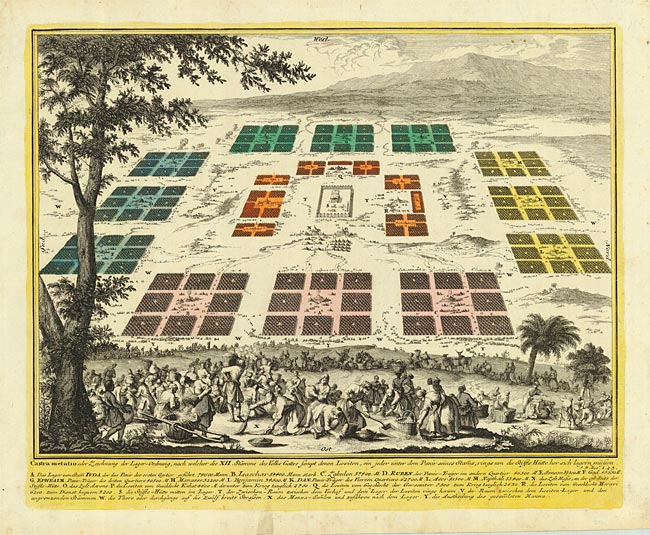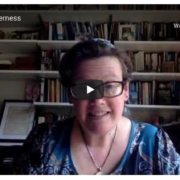
This is the d’var Torah that Julian offered at his celebration of bar mitzvah on Shabbat morning.
My Torah portion is the very first reading in the first book of the Torah, Genesis. Genesis means beginning or origin. It’s about the beginning of everything. We read it at the beginning of the Jewish year. Which does not coincide with the beginning of the secular year, but interestingly is close to the start of the school year.
There are beginnings for everything. You begin your life when you are born; you begin your school year; you begin a new job. You begin writing a rant about how we can change ourselves
However, lots of rabbis think that the beginning written about in the Torah is one of many, in other words there were multiple beginnings. Most rabbis translate the opening words of the Torah as in the beginning. The rabbis who think that there were multiple beginnings translate it as “in A beginning”. IF it’s translated as in A beginning, then that suggests that even God had to start over or begin again so if we are made in the image of God then it would sense that we too have to start anew.
This is a time of new beginnings for me as a bar mitzvah. I have to start again as a Jewish adult. I’ll have to take on more responsibilities and take a more active part in the community Moreover it’s a time of new beginnings for the nation, given everything that’s happened over the previous year.
There’s a story that God went around to the people of the world and offered them the Torah as a big book of wisdom, and all of them said “No,”, maybe because they thought it was too much work to be ethical. But it’s not too much work! I think we should get people to begin again — life isn’t just one beginning, you can start over, look at yourself and your flaws. As we do during the High Holidays: “I made this mistake, I want to fix this, I want to be a better person in general.” That is entirely possible! Because I’m changing every day, and I’m a teenager. Adults could learn from that – everyone should be more open to change, and that way we can help make the world a better place.
This has been a year of great turmoil. And our country could use a new beginning
More and more people are coming to see that racism is still a problem and that we need to be better so we can fix it. Police violence has brought it to the forefront.
I hope that in this new beginning we can work hard toward eliminating racism. We may not fix it in my lifetime but we need to make it better. We need to make sure that people in positions of power value all colors of life. Not to mention the suffering of the poor as they get poorer and the richer get richer.
There is a lot that needs fixing: poverty, climate change, and of course racism. No one person can fix all of it. But in the year to come, I’m going to try to make things better by continuing to protest these problems. This is hard because those ideas are embedded in our society –but I’m, and hopefully, you as well are, going to try to begin again, to be reborn as a better version of ourselves
Which is what the High Holidays are about for us. Some people look at Torah and think it’s a scroll for only Jewish people, but it contains wisdom that could be for anyone.
Everybody should listen to “Don’t do violence because it’s bad.” Or “Give food to hungry people because it’s the right thing to do.” Torah lessons are for everybody.
In a lot of mythologies, the best part about humans is that we can change. I think that is a great truth. If you do not like what you see in yourself, you can work to change. That’s the message of the high holidays every year and of my interpretation of Bereshit. We can always do better.
It’s our job as human beings, to fix what needs repair and to continue starting over. We can start by changing ourselves in small ways, and work our way up to big new beginnings.
Thank you to Heather Levy and Jane Shiyah for being wonderful Hebrew teachers and starting this journey; thank you to my grandparents for all your love and support; thank you to my dad for keeping me on task; and thank you to Rabbi Rachel for everything you’ve done. Shabbat shalom.
Written by Julian Rudin, our community’s newest Jewish adult!


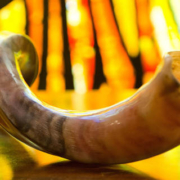
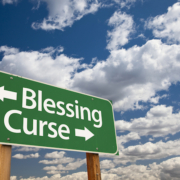

 I made it three verses into
I made it three verses into 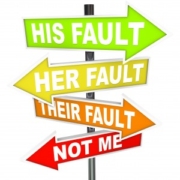
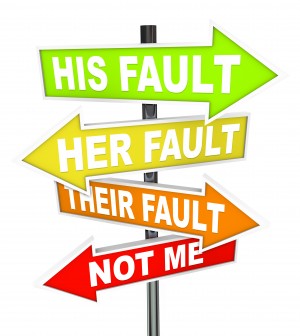
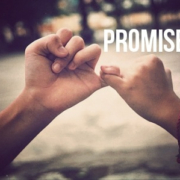


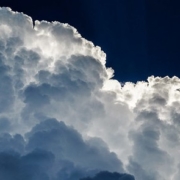
 “When the cloud lifted, they would break camp…” (Numbers 9:21)
“When the cloud lifted, they would break camp…” (Numbers 9:21)